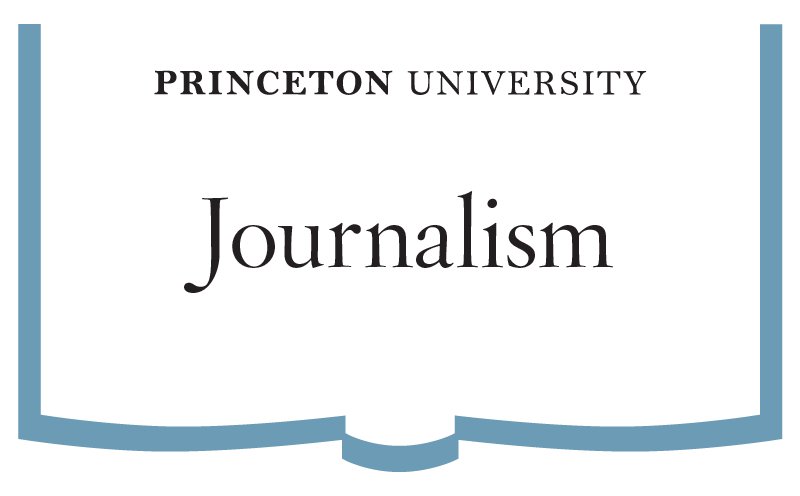Pulitzer Prize-winning journalist, translator, and poet Eliza Griswold has been named director of the Humanities Council’s Program in Journalism at Princeton. Her appointment will take effect August 1.
Griswold has been a contributing writer for The New Yorker for more than two decades, where she has extensively covered religion, politics, and the environment. Since 2016, she has served as a distinguished writer in residence at New York University.
“We are delighted to have Eliza Griswold join us this fall. Courageous and compassionate, deeply rooted in the humanities, she is a writer who brings the world’s lives into our own,” said Humanities Council Chair Esther Schor, the John J.F. Sherrerd ’52 University Professor and professor of English. “Whatever her topic–the predations of fracking, the resistance of Afghan women, a Black church in Philadelphia or Gazan child amputees–she writes with a reporter’s shrewdness and a poet’s grace.”
Griswold has written and translated several books of nonfiction and poetry, including “Amity and Prosperity: One Family and the Fracturing of America,” which won the Pulitzer Prize for general nonfiction in 2019; “I Am the Beggar of the World: Landays from Contemporary Afghanistan,” which she translated to English from Pashto; and a recent book of poems, “If Men, Then.” Her forthcoming book, “Circle of Hope: A Reckoning with Love, Power, and Justice in an American Church,” builds on years of Griswold’s immersive reporting to tell the story of a Philadelphia church and a community in crisis.
She has received prestigious fellowships from Harvard University, Harvard Divinity School, the New America Foundation, and the Guggenheim Foundation. Recognized across disciplines, Griswold has been awarded top prizes in various fields, including the Rome Prize in Poetry by the American Academy of Arts and Letters, the J. Anthony Lukas Prize for nonfiction, and a PEN award for translation.
An alumna of Princeton, Griswold earned a bachelor of arts in English from the University in 1995. She previously taught in the Program in Journalism as a Ferris Visiting Professor in 2014-15.
“Returning to Princeton in this wonderful role is nothing less than a life-long dream,” said Griswold. “I am delighted to have the opportunity to support a new generation of talented, altruistic, and adventurous students who are brave enough to consider becoming journalists.”
Griswold’s fall undergraduate course, “The Media in America: Witnessing History,” will turn the classroom into a virtual newsroom. Students will be introduced to the challenges facing democracy in the 2024 election year, and the role that journalism plays in addressing those challenges. The seminar will fulfill the “gateway” requirement for the new undergraduate minor. Offering an introduction to news writing and reporting, the course is geared specifically to first- and second-year students with no previous journalism experience. Several seats will be reserved for incoming students.
As director of journalism, she will oversee the undergraduate program, develop new curricular offerings, and collaborate with campus partners in planning University-wide programs and events.
Griswold succeeds Joe Stephens, who will continue at Princeton as a Ferris Professor in 2024-25, teaching the program’s “Investigative Journalism” course in the fall and “The Media in America” in the spring.
Princeton’s Program in Journalism was established in 1957 by a bequest from former New York Herald journalist Edwin F. Ferris. The Humanities Council, which fosters interdisciplinary and cutting-edge research and teaching in the humanities, is the academic home of the Program in Journalism.
The program’s popular Ferris Seminars in Journalism and McGraw Seminars in Writing draw on the expertise of leading journalists as faculty who guide students as they learn to tell stories of impact, explore the ethics of journalism, and navigate the changing media landscape.













